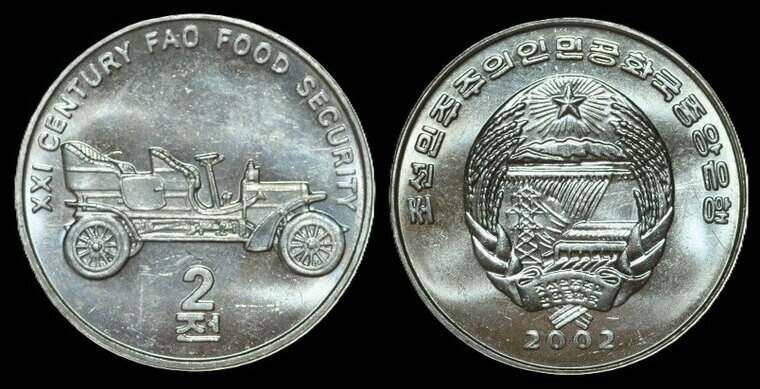Understanding the Current Situation in North Korea

Introduction
The Democratic People’s Republic of Korea, better known as North Korea, remains a focal point of international attention due to its isolated regime, nuclear ambitions, and ongoing humanitarian issues. With recent developments in its diplomatic relations and military activities, understanding North Korea’s current situation is crucial for comprehending regional and global security concerns.
Recent Developments
In recent months, North Korea has increased its military activities, launching multiple ballistic missiles in what appears to be a show of strength against perceived threats from the United States and its allies. This year has seen a series of tests, including intercontinental ballistic missiles (ICBMs), which North Korean officials claim are necessary to defend against external aggression.
Furthermore, the ongoing humanitarian crisis in North Korea has worsened due to the COVID-19 pandemic, leading to increased food shortages and economic difficulties. The country has implemented strict measures, including border closures, which have impeded international aid and trade, leaving many citizens in a precarious situation.
International Response
The international community continues to respond to North Korea’s actions with a mix of denouncement and diplomatic efforts. The United Nations has condemned North Korea’s missile launches as violations of international sanctions that aim to curb its nuclear program. The United States and South Korea have reaffirmed their commitment to defend against any potential aggression, with joint military exercises conducted to demonstrate preparedness.
Dialogue has been sporadic, with some attempts for negotiation having stalled. However, there are ongoing discussions among regional powers like China and Russia, who seek to mediate and promote stability in the region.
Conclusion
North Korea’s current trajectory poses significant challenges to international peace and security, with its military actions and humanitarian issues becoming more pressing. As the world watches how these developments unfold, it remains crucial for policy-makers to engage strategically with the North Korean government. The outcomes of future negotiations could have lasting implications not only for the Korean peninsula but also for global security dynamics. Understanding these intricacies will be vital for readers and observers alike as they navigate the complexities of this enigmatic nation.


